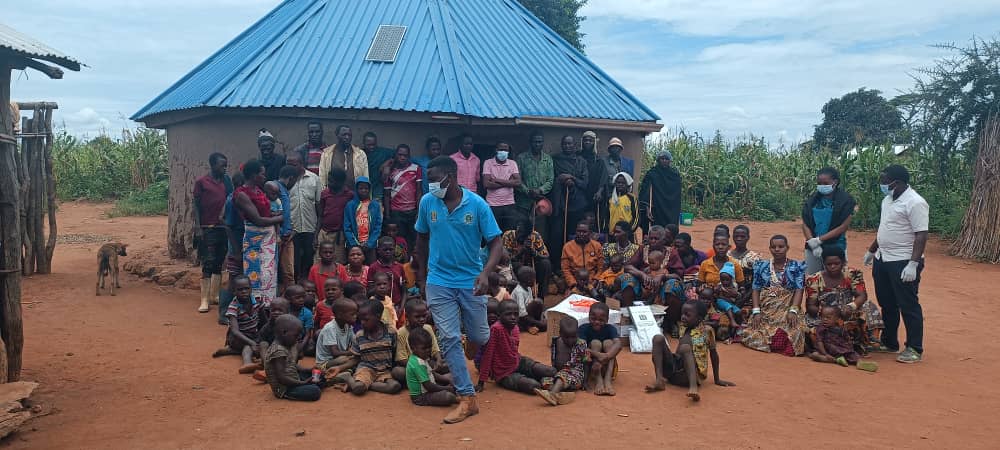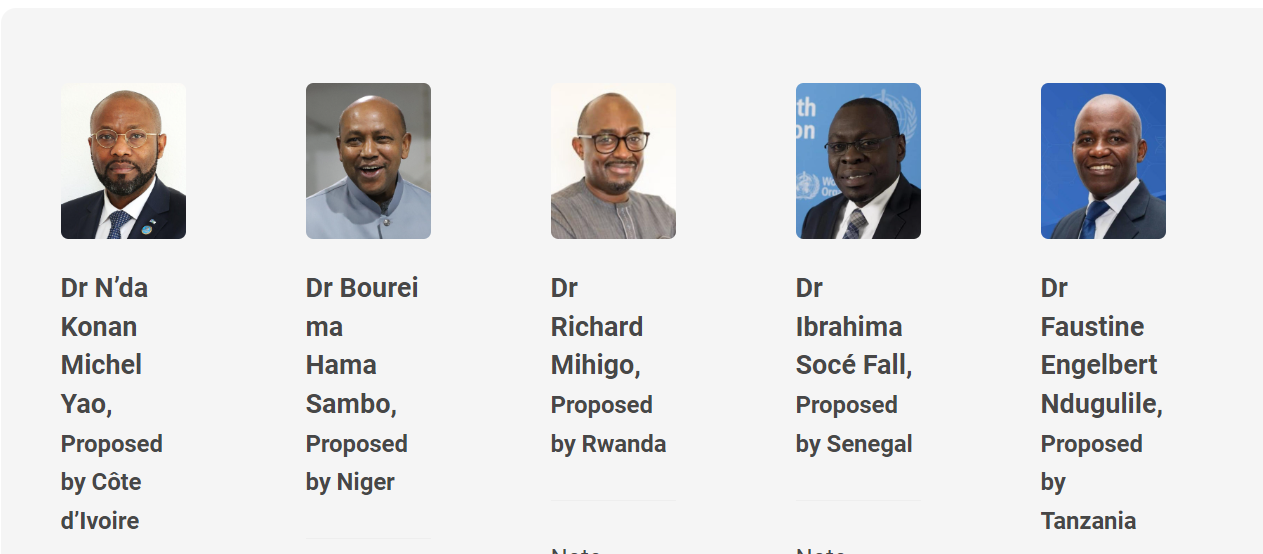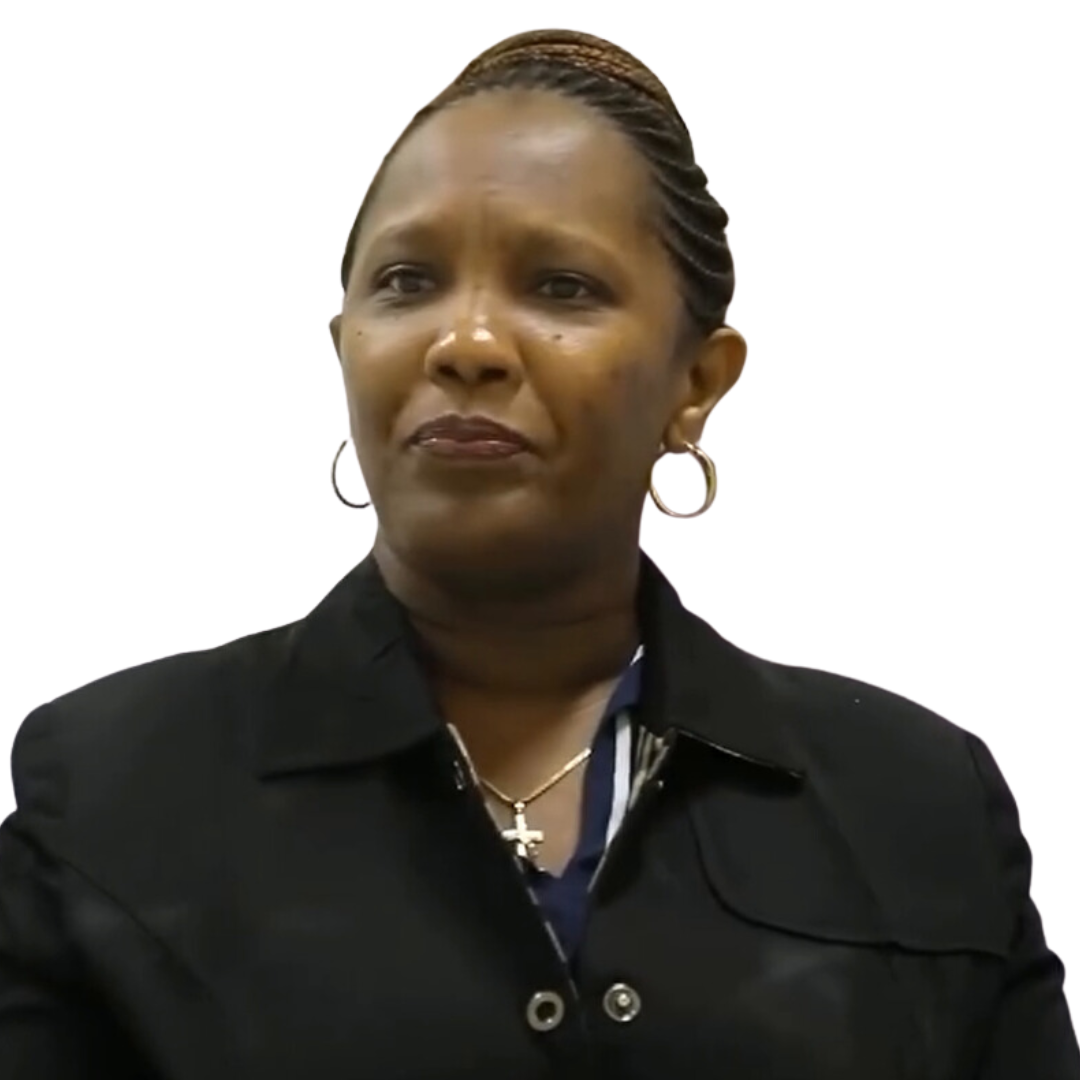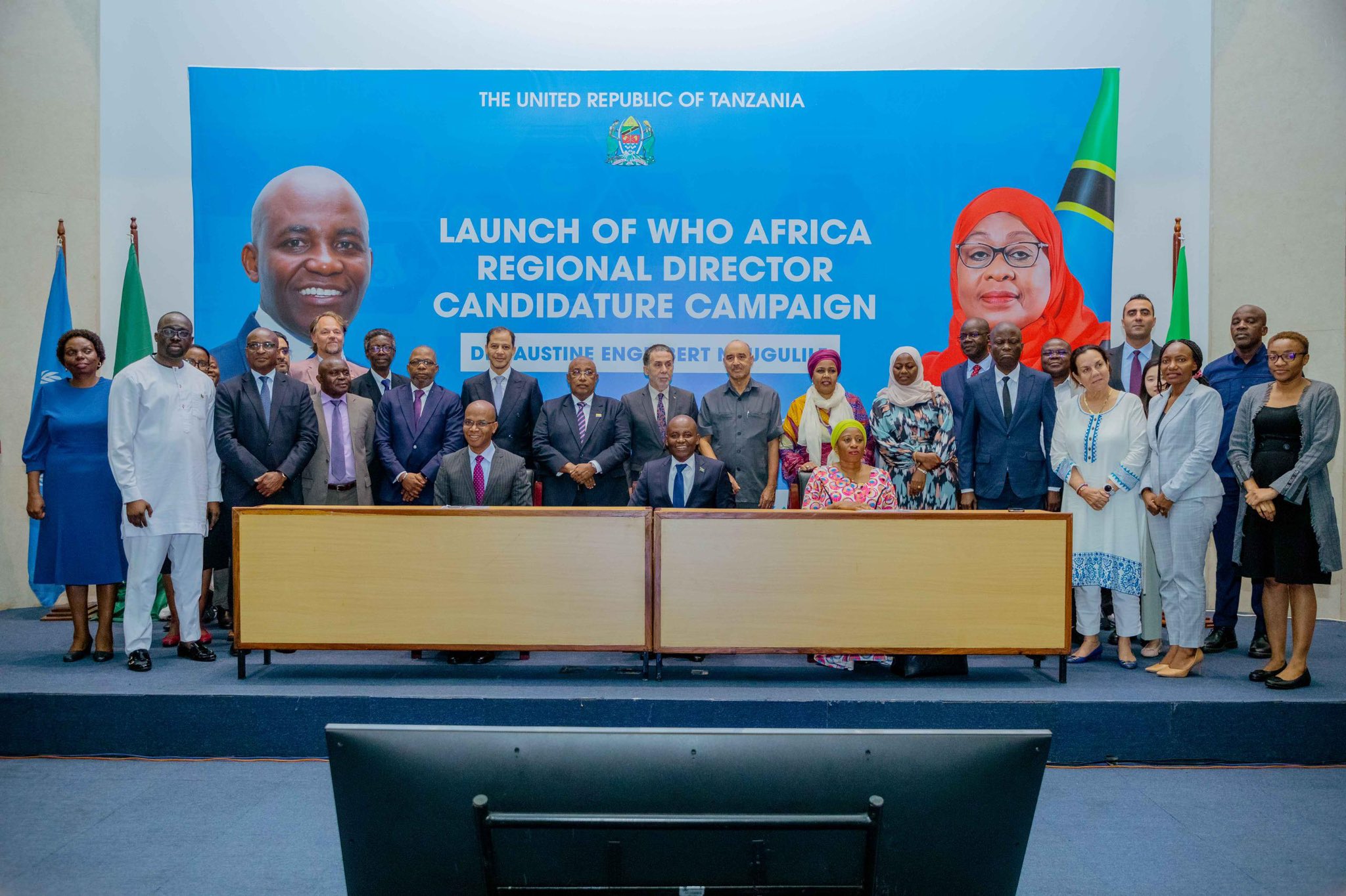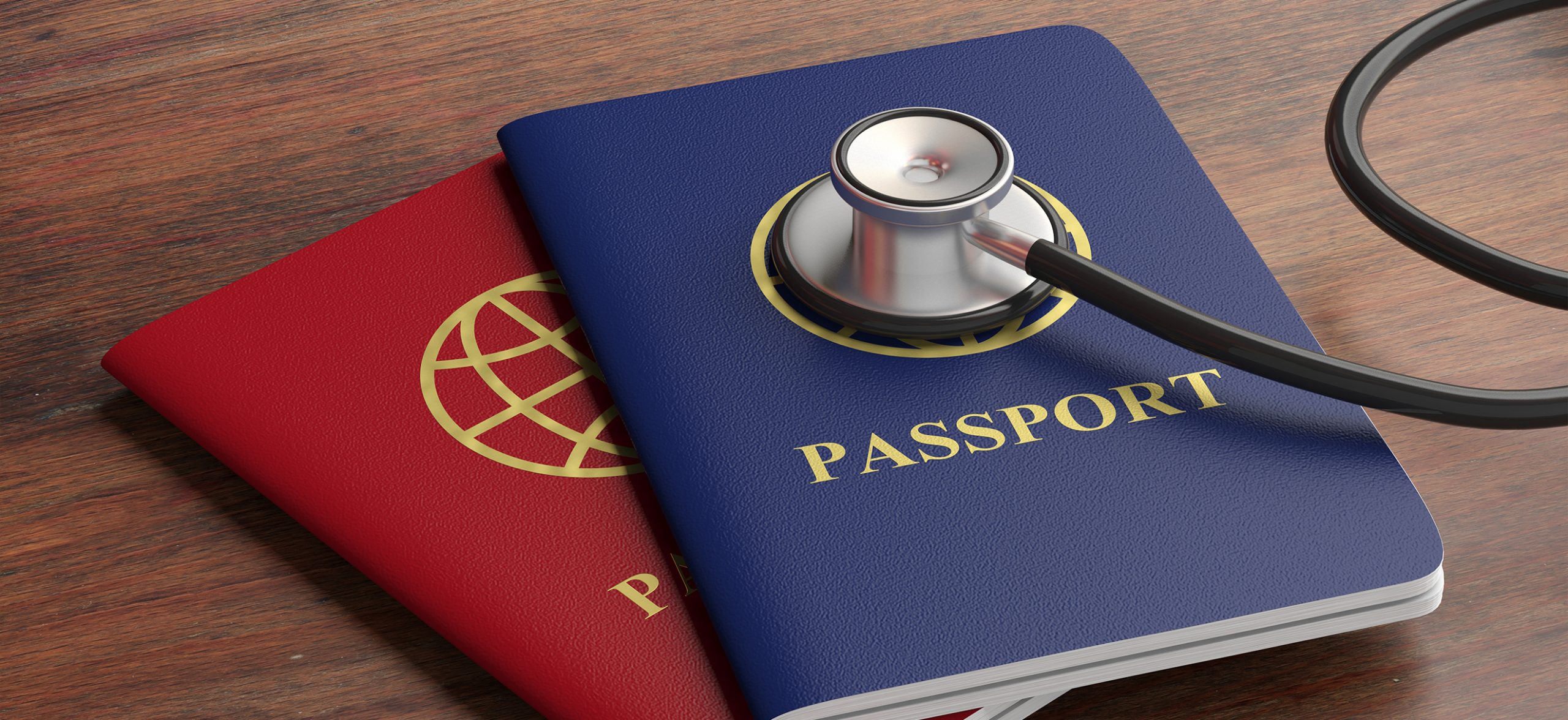How possible is it to convince a traditional healer in an African community, with deeply entrenched beliefs, to allow their clients to access modern medicines? Tough, isn’t it? But Mr.Rashidi Hasani Mtani, a Community Health Worker in Uyui, Tabora, Tanzania, did just that.
In many African communities, traditional healers are a cornerstone of healthcare, often the first point of call for many. Their presence in Mtani’s community was no exception. Recognizing the challenges of his community, he embarked on a unique initiative to bridge the gap between traditional and modern medicine. Through a series of innovative programs, Mtani successfully persuaded traditional healers to encourage their patients to seek modern medical treatment when necessary.
However, his story is larger than a mere mission to persuade traditional healers. In early October this year, he was named “Best Community Health Worker of the Year” during the 11th Tanzania Health Summit in Zanzibar, an event that was attended by over 1,800 delegates from Tanzania and around the world. It’s here that stories of healthcare workers whose stories are untold, emerged–one of them being Mtani.
To understand the depth of his impact, one must delve into the heart of his community. He has built trust with traditional healers, educated community members about preventive health measures, and mobilized resources to address critical health issues, with support from USAID’s “AfyaYangu” program through which he has been empowered to implement innovative strategies to improve health in communities.
Mtani is not alone in the efforts to extricate communities from disease. A network of dedicated CHWs, each with their unique stories, is working tirelessly in Tanzania to improve the health of households. As the nation moves towards UHC, these CHWs, with a history dating back to the late 1960s, are playing a major role in bridging the gap between healthcare facilities and remote communities.
Tanzania has a long history of community health, with the first village-based Volunteer CHWs being trained in the late 1960s. In 2014, the National Community-Based Health Program (CBHP) Policy Guidelines were approved, paving the way for a national cadre of paid CHWs. This year, Tanzania officially rolled out an inclusive CHW program focused on primary healthcare access, aiming to reach villages, streets, and hamlets across the country. These CHWs were at the forefront of the COVID-19 vaccination campaign.
Inspired by China’s “barefoot doctor” program of the 1950s, Tanzania has–for over the past decade–been working to revive and strengthen its CHW cadre. However, challenges such as a lack of training and remuneration have hindered their full potential. Despite these setbacks, the government’s recent commitment to invest over 899 billion Tanzanian shillings in training and allowances for 137,294 CHWs is a significant step forward.
These CHWs are expected to play a critical role in promoting health education, nutrition, and anti-gender violence initiatives. By visiting households, markets, bus stands, and places of worship, they will connect communities with healthcare facilities and improve access to essential services.
Mtani’s story
His vivid memory of dedication is his relentless pursuit of TB patients. He would often visit homes, sometimes late into the night, to ensure that patients were adhering to their treatment regimens. He sought to work towards reducing TB incidence in his community.
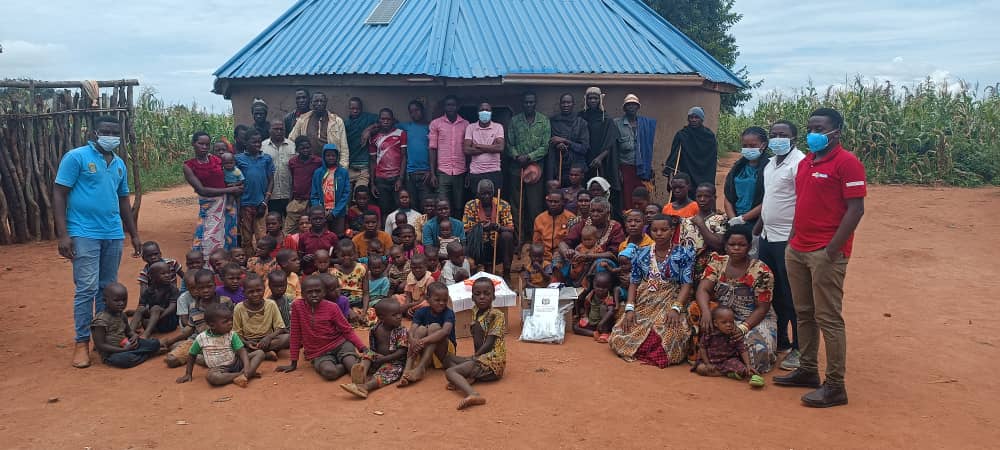
Mtani’s collaboration with the Miyense Dispensary has been a game-changer. Together, they organized community health campaigns, provided essential health services, and empowered local leaders to prioritize health issues. His ability to work seamlessly with healthcare providers and community members has earned him immense respect.
Champion for Health in a Changing World
In an era of emerging diseases like Ebola, Mpox, and diarrhea, urgent solutions are needed. Tanzania, like many African nations, is striving to achieve Universal Health Coverage by 2030. Community Health Workers (CHWs) like Mtani are seen as the drivers of the mission to this endeavor. They connect health facilities with communities, implementing preventive and diagnostic services.
In seven villages: Miyenze, Matuga, Nsahulo, Mwadaudi, Songambele, Nyakombe, and Idekamiso, he inspires others to take charge of their health.
A Bridge Between Tradition and Modern Medicine
Mtani proved that traditional healers, when given full information and engaged, are able to work and advise their clients to utilize health services in hospitals. He also encouraged them to refer their clients to hospital for quick recovery and treatment. In a multidimensional way, he provided awareness on danger signs and a referral system to health facilities during emergency conditions to save life whenever they meet their clients. Increasingly, many patients diagnosed and treated with TB within the district acknowledged being referred by traditional healers as a success from the good trust relationship created with traditional healers.
Champion for Maternal and Child Health
In collaboration with the nearby dispensary, Mr. Mtani joined forces to reinforce zero maternal deaths in his community. He employed a highly effective strategy, using the slogan “Nyumba Kwa Nyumba; Haachwi Mtu” (House to House; No One Left Behind), to reach every household and mobilize families to visit clinics for antenatal and postnatal care. He instilled a culture of care within families, encouraging them to create favorable environments for children, pregnant women, and lactating mothers.
As a trusted community member, Rashidi linked mothers and children with essential healthcare services. During community gatherings, he passionately advocated for the well-being of mothers and children, emphasizing the importance of proper care and nutrition. He encouraged community ownership of health information by recommending feedback and evaluation within families before subsequent clinic visits.
Local leaders acknowledged the impact of Rashidi’s efforts, noting a surge in maternal and child healthcare utilization. Mothers were more motivated to attend clinics with their children for vaccinations and other essential services. His dedication to maternal and child health has undoubtedly saved countless lives and improved the overall well-being of his community.
A Warrior Against Tuberculosis
In the fight against tuberculosis (TB), community involvement is key. Early diagnosis, prevention, and treatment are crucial in reducing the spread of this deadly disease. Through a comprehensive approach, Mtani has mobilized his community to identify individuals with TB symptoms, encourage early diagnosis, and ensure adherence to treatment regimens. He has conducted numerous health education sessions, raising awareness about the risk factors, symptoms, and prevention strategies of TB. By fostering strong relationships with healthcare providers, he has facilitated timely access to quality care for TB patients.
As a result of his tireless efforts, TB incidence and prevalence have significantly decreased in Uyui, Tabora. The community has become vigilant in identifying potential cases and supporting individuals undergoing treatment, thanks to the dedication and innovation of community health workers like Mtani.
Community leaders are known to play a major role in shaping the health and well-being of their communities. Mtani recognized the importance of fostering strong relationships with local leaders to amplify his impact. He actively engaged with village and ward leaders, involving them in decision-making processes and planning community health initiatives.





